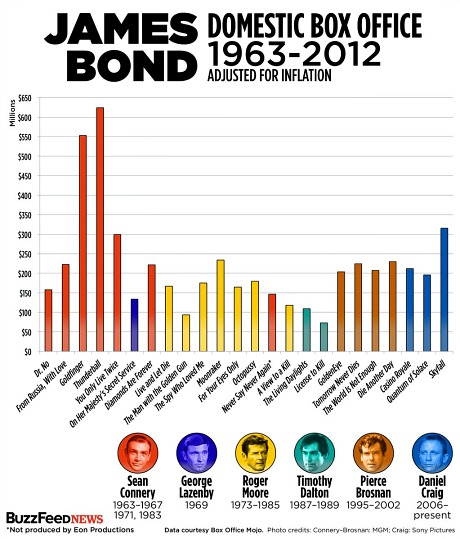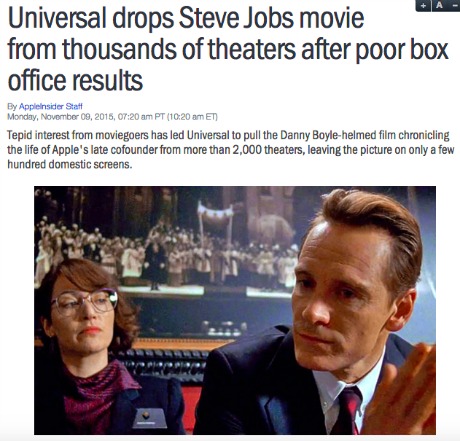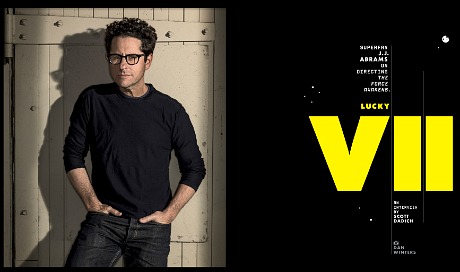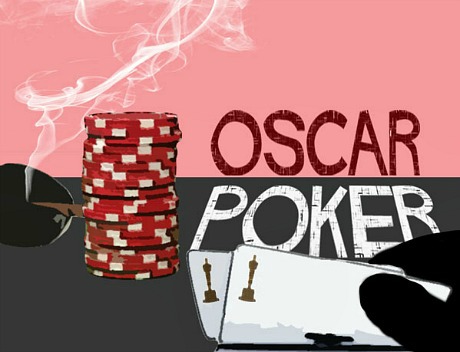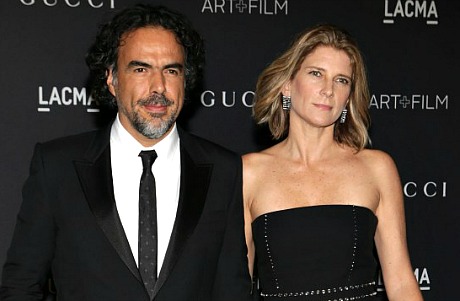What’s the hoo-hah about Liam Neeson playing the principled FBI snitch who passed along good stuff to Washington Post reporter Bob Woodward in that parking garage? If anyone has the script please pass along because right now Peter Landesman‘s Felt, which will begin shooting next March, doesn’t sound like much. So we get to see Deep Throat‘s side of the story…big deal. What can this thing be if Landesman, who wrote the script, sticks to the facts? Sounds to me like an HBO movie, at best.
You and I know that the average idiot is going to want to see Neeson snarl and beat guys up and drive a Pontiac GTO at high speeds through downtown Washington, and that’s not in the cards this time.
Okay, so Mark Felt began to feel appalled at what he was learning about the mentality of the Nixon White House and the adventures of the Plumbers and how the FBI was missing or sidestepping too much of what was really going on, and so he decided to pass stuff along to Woodward, and then two or three years before he passed Felt confessed all in a book. And…? The better story was told 39 years by Alan Pakula, William Goldman, Robert Redford, Dustin Hoffman, Jason Robards and Gordon Willis.
Deadline‘s Mike Fleming has described Felt as a “taut spy thriller” that “chronicles the personal and professional life of the brilliant and uncompromising Felt” — my eyelids are starting to droop — “who risked and ultimately sacrificed everything — his family, his career, his freedom — in the name of justice.” That sounds to me like a load of hyperbole that some flunky or publicist tapped out during lunch hour.
